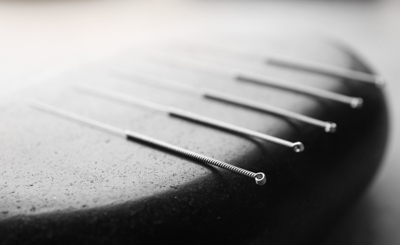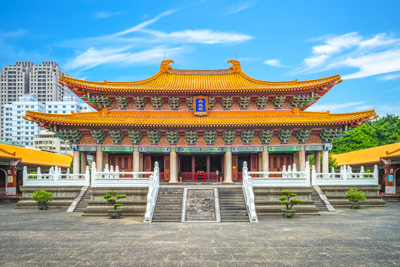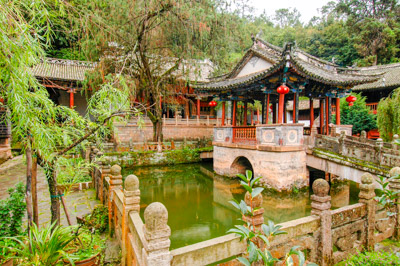
A total of 17% of all legal claims against acupuncturists are for patients sustaining a burn injury. Out of the 17% total, 11% of burns were caused by infrared heat lamps, 4% due to indirect moxibustion, and 2% were due to hot stone massage. It is recommends that…
More in Course Materials…
Consent to treat form requirements vary from state to state and malpractice insurance carriers may require additional information or an arbitration form. A consent to treat form includes:
More in Course Materials…

Confucian Temple
Compassionate acknowledgement that an illness may be terminal is consistent with Chinese medicine history. In the book Medical Ethics in China: A Transcultural Interpretation, Jing-Bao Nie writes:
Besides Yi He and Yi Huan, other founding figures of Chinese medicine include Qin Yueren (500 BCE, popularly known as Bian Que, dubbed the “father of medicine” by some historians), Zhang Zhongjing (second century AD, renowned as the “sage of medicine”) and Hua Tuo (second centry AD known as the “father of surgery”). Without exception, their practice was to tell their patients the truth when their illness was diagnosed as terminal. There are no records of any….
More in Course Materials…
Source: Nie, Jing-Bao. Medical ethics in China: A transcultural interpretation. Routledge, 2013.
Recent discussions and developments in medical ethics have introduced several new ideas and challenges, especially in light of advances in technology, shifting societal values, and emerging global health issues. Some of the most prominent new ideas in medical ethics include:
More in Course Materials…

Taoist Temple
Sun Szu-Miao (孫思邈, 541–682 CE) is one of the most celebrated figures in traditional Chinese medicine (TCM). He was a renowned physician, Taoist, and pharmacologist during the Sui and Tang dynasties, often referred to as the “King of Medicine” (药王). His contributions to medical theory, ethics, and practice had a…
More in Course Materials…